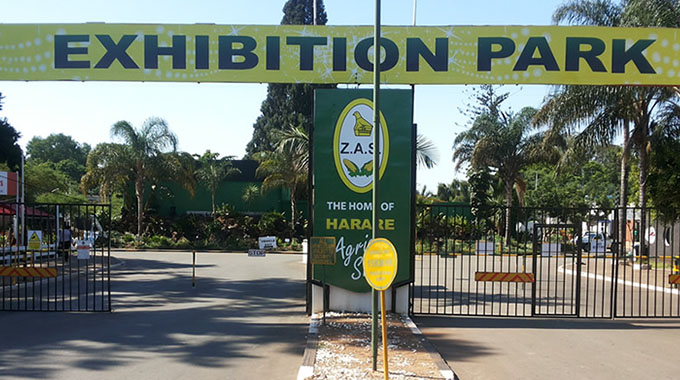
Elita Chikwati Agriculture Reporter
The 110th Zimbabwe Agricultural Show starts today at the Exhibition Park with some functions being held virtually while visits will be controlled as part of efforts to curb the spread of Covid-19.
The annual show is normally held at the end of August, but was postponed to end October owing to the pandemic.
From October 28 to 31, the Exhibition Park will host the event under the theme “Synergies for Growth — Cooperate. Collaborate. Complement” to rally support for the cause of agriculture and attendant value chains for increased “Production, Productivity and Profitability”.
Zimbabwe Agricultural Society (ZAS) acting chief executive Engineer Enkelbert Makaure yesterday said 172 companies had registered to participate during this year’s exhibition.
He said ZAS will be paying attention to Covid-19 regulations to ensure exhibitors and visitors are safe.
Farmers will still participate at the show, but the number has been limited from the usual 300 to only one representative per district.
“This year’s show is a business-to-business exhibition and we urge companies to take advantage of this platform to showcase how they have adapted to the new normal and innovations that they have come up with in the face of Covid-19.
“Safety and health measures have been put in place to ensure the safety of both exhibitors and visitors. Temperature checks, sanitisation, and all Government related regulations on Covid-19 shall be strictly adhered to,” said Eng Makaure.
During the show days, there will be two interfaces to provide executives, captains of industries and Government officials an opportunity to meet and network.,
Activities include a business breakfast meeting on the opening day and a mining and agriculture breakfast meeting focusing on leveraging linkages and synergies for sustainable economic growth on October 30.
ZAS said its theme was important in that over 70 percent of the population depended on agriculture for survival.
“Our take is that Vision 2030 must prioritise the 1,6 million to 1,8 million rural households, some 10 million people, to uplift their socio-economic status in a holistic manner, addressing housing, water, sanitation, infrastructure, and social services, among others,” said ZAS in its theme.
